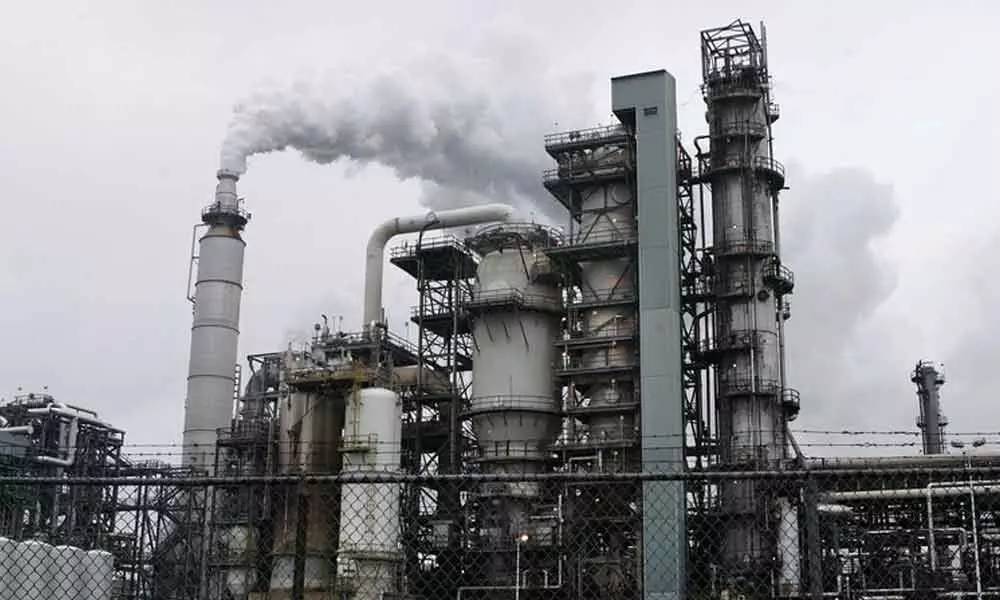Chemical Disaster Prevention Day 2019

Every year on 4th December, Chemical Disaster Prevention Day is observed to emphasise the importance of chemical safety.
Every year on 4th December, Chemical Disaster Prevention Day is observed to emphasise the importance of chemical safety.
It was on 3.12.1984 the world's worst industrial disaster took place in Bhopal from M/S Union Carbide India Limited. By accident, about 40 metric tonnes of Methyl Iso Cyanate (MIC) was leaked into the atmosphere in a short span of time.
MIC is a gas used for making pesticides, which is stored in liquid form under the freezing condition in huge spherical tanks. As the freezing mechanism failed due to many reasons, the liquid MIC turned to gas and leaked due to the build-up pressure. The poisonous gas killed more than 3000 people and leaving about 2, 50,000 people permanently disabled. Some families completely got destroyed. Indian government amended many rules and regulations to constrict the industry after that terrible accident.
After 10 years of the accident, on 4th December 1998, The Ministry of Environment and forest planned a meeting and announced this 4th December as Chemical Disaster Management Day.
Even after the amendments of so many acts still, we see many industrial accidents happening. Along with that, the pollution problem is also increasing day by day. As the responsible citizens of India, we should work towards improving the environment and keep this earth as a safe place to stay for the future.
Provisions on Chemical Disaster Management in India
Several protocols covering the safety in transportation, liability, insurance and compensations have been passed.
These are the relevant provisions on chemical disaster management in India:
1. Explosives Act 1884 - Petroleum Act 1934
2. Factories Act 1948 - Insecticides Act 1968
3. Environment Protection Act 1986 - Motor Vehicles Act 1988
4. Public Liability Insurance Act 1991 - Disaster Management Act 2005
Indian Government has strengthened the legal framework on chemical safety and management of chemical accidents by endorsing new rules like MSIHC Rules, EPPR Rules, SMPV Rules, CMV Rules, Gas Cylinder Rules, Hazardous Waste Rules, Dock Workers Rules and by modifying many of the rules.
The National Disaster Management Authority (NDMA) of India had come out with particular guidelines on Chemical Disaster Management.
The guidelines aimed to provide the directions to ministries, departments and state authorities for the preparation of their detailed disaster management plans. These guidelines call for a proactive, participatory, multi-disciplinary and multi-sectoral approach at various levels for chemical disaster readiness and retort. NDMA is also working on revamping of CIFs (Chief Inspectorate of Factories) to strengthen chemical safety in India.








